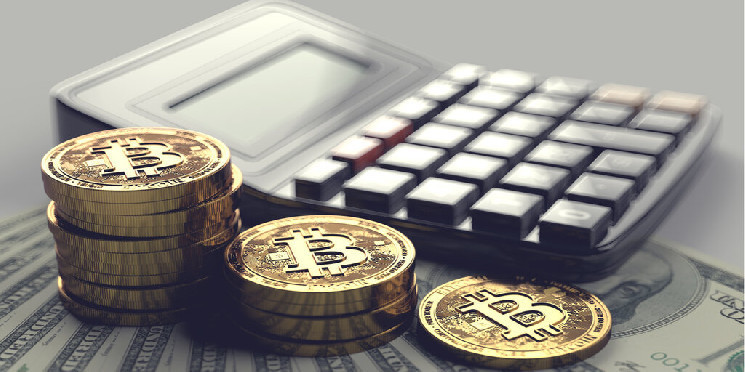For some time this weekend, it was more expensive to transact on Bitcoin’s network than ever before in history. Teeming with activity, the higher costs for users came as a protocol for Bitcoin-based meme coins launched and rewards for miners were slashed in half.
The average Bitcoin transaction fee soared to $127 Friday amid the quadrennial halving event and launch of Runes, according to data from Blockchain.com. Representing a record-level period in terms of fees, a few pricey, urgent transactions may have skewed the metric, however.
For example, one Bitcoin user paid a transaction fee of nearly 8 BTC, or $510,000, to be included in the first block of Bitcoin’s new epoch. In total, the first Bitcoin block after Bitcoin’s Friday halving included 37.6 BTC or $2.4 million in fees, according to data from mempool.space.
Forget coffee, I can’t even use #Bitcoin to pay for dinner right now…
Yes - that’s a $144 fee to send $100… pic.twitter.com/aIajrhpiUp
— Vinny Lingham (@VinnyLingham) April 20, 2024
Launched by Ordinals creator Casey Rodarmor on Friday, Runes allows for the creation of fungible coins on Bitcoin. After an initial rush by intrepid crypto fans to mint tokens, Runes resulted in Bitcoin users spending 312 BTC (or $20 million) on fees, as of this writing, per Rune Alpha. That windfall came as miners adjusted to a new era of Bitcoin’s digital scarcity.
The average Bitcoin transaction fee settled to levels on Sunday that matched costs seen in December, however. Per Blockchain.com, the average Bitcoin transaction fee had fallen 74% from the day prior on Sunday to $34—a steep drop-off as congestion on Bitcoin’s network faded.
Bitcoin transaction fees are dolled out to miners as part of their reward for verifying transactions and including them in new blocks added to Bitcoin’s blockchain. By paying a higher fee, a Bitcoin user can incentivize miners to include the transaction in a block more quickly.
Typically, the rewards that miners receive from fees are outweighed by Bitcoin’s so-called block subsidy, which was reduced to 3.125 BTC this weekend as part of the halving. Over the weekend, though, that longtime trend was momentarily flipped on its head.
Bitcoin transaction fees clocked in at $81 million post-halving, representing 75% of rewards that miners earned on Saturday, according to a Dune dashboard from investment firm 21Shares. The following day, the ratio of rewards from fees versus subsidies stood at 30%.
So, Bitcoin’s latest brush with sky-high fees may have been short-lived. But in light of Bitcoin’s newly lowered block subsidy, miners may be wondering whether the windfall was a one-time blip or a source of revenue to consider in Bitcoin’s fifth epoch.
Edited by Andrew Hayward
 decrypt.co
decrypt.co
